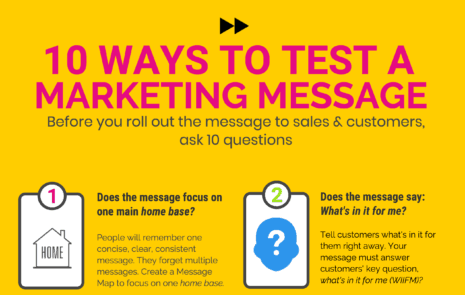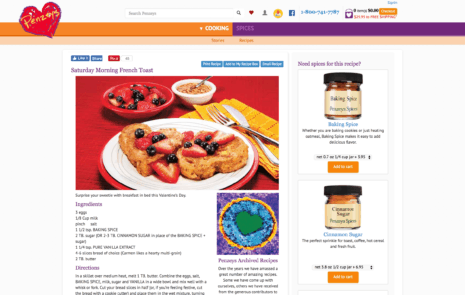
Presenters: Don’t let the audience in on your doubts
Once again, I didn’t set out to write a blog about presenters while watching an episode of the YouTube talk show Hot Ones. (My previous blog inspired by the show is here.) All I wanted to do was watch the host interview Conan O’Brien as he ate a series of hotter and hotter chicken wings.
Then, Conan O’Brien said, “The worst thing a guest can do is tell the audience the show is not going well.”
This is true for business presenters as well. Never, ever tell your audience that things aren’t going well. This is true in every situation, from a small meeting to speaking at a large conference or event.
Why? Think about how the audience feels if they’re told they’re not getting a good show or presentation. How would you feel? Many people tune out, look at their mobile devices, or even leave.
Your audience deserves a good show – or at least deserves to think they’re getting one. It’s your job as a presenter to ensure that you deliver one.
How can presenters ensure a good show?
- First, be prepared.
- Second, understand how to deliver a great experience, even if you mess something up.
Prepare, prepare, prepare
When you agree to be a presenter, you’re signing up to deliver a good presentation. I don’t care how busy you are, you owe it to your audience to prepare. If you don’t, you risk the chance your message doesn’t get heard – and that’s the reason you agreed to present in the first place.
Even if you’re short on time, I always recommend making a quick Message Map. Even if it’s just your key message with three reasons to believe it, it will help guide your presentation and keep you on track. When making your Message Map, remember that it doesn’t go on the map if your audience:
- Doesn’t need to know it,
- Won’t care about it, or
- Won’t understand it.
Next, create your speech or presentation from your Message Map. Presenters who stay true to their Message Maps are more likely to stay on track when presenting.
Finally, always conduct at least one dry run. You owe it to your audience to deliver your presentation smoothly, without having to read every word on your slides to them. Think about how annoyed you get when you watch a presenter who didn’t take the time to prepare.
Handle mistakes like a pro
We are all human, and we all make mistakes, even expert presenters and performers. The famous cellist Yo-Yo Ma once said, “I welcome that first mistake. Then I can shrug it off and go on with the performance and turn off that part of my mind that judges everything.”
We are often our own worst critics. If you do make a mistake when presenting, correct it quickly if needed without making a big deal of it, and then simply move on. Most audiences are sympathetic, and many may not even notice the mistake.
Dwelling on your mistakes or apologizing for your presentation not going well will only make it stick out more in your audience’s minds. Presenters who take the time to prepare and who handle mistakes professionally are more likely to get their message heard.
Have questions about marketing and communications? Get answers weekly or email me at ariana@crystalclearcomms.com.

Related Posts
10 ideas to test a new marketing message before launch – Infographic
How to test a marketing message before launch How do you know if your marketing message works? Before you roll out a new marketing...
Why You Need to Keep Marketing Messages Simple
What your marketing messages can gain from 3 usability ideas Recently I read a great little e-book on usability called The Ten Commandments of UI Design....
Your company evolves. Should you evolve your message too?
Is your organization the same today as it was a few years ago? The answer is probably no. All companies evolve over time. So...
Two ways to tell your story: generic or spicy
Too many business stories don’t break through because they’re too boring. Predictable. Plain vanilla. To win attention, spice up your story Why are many...





